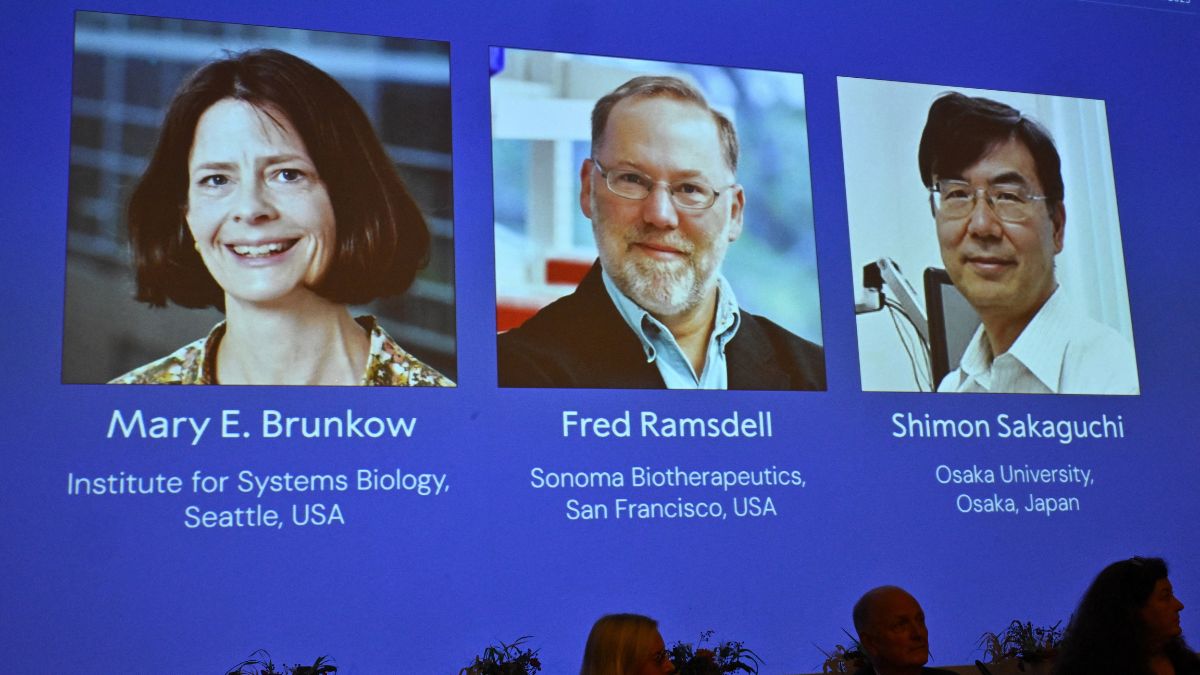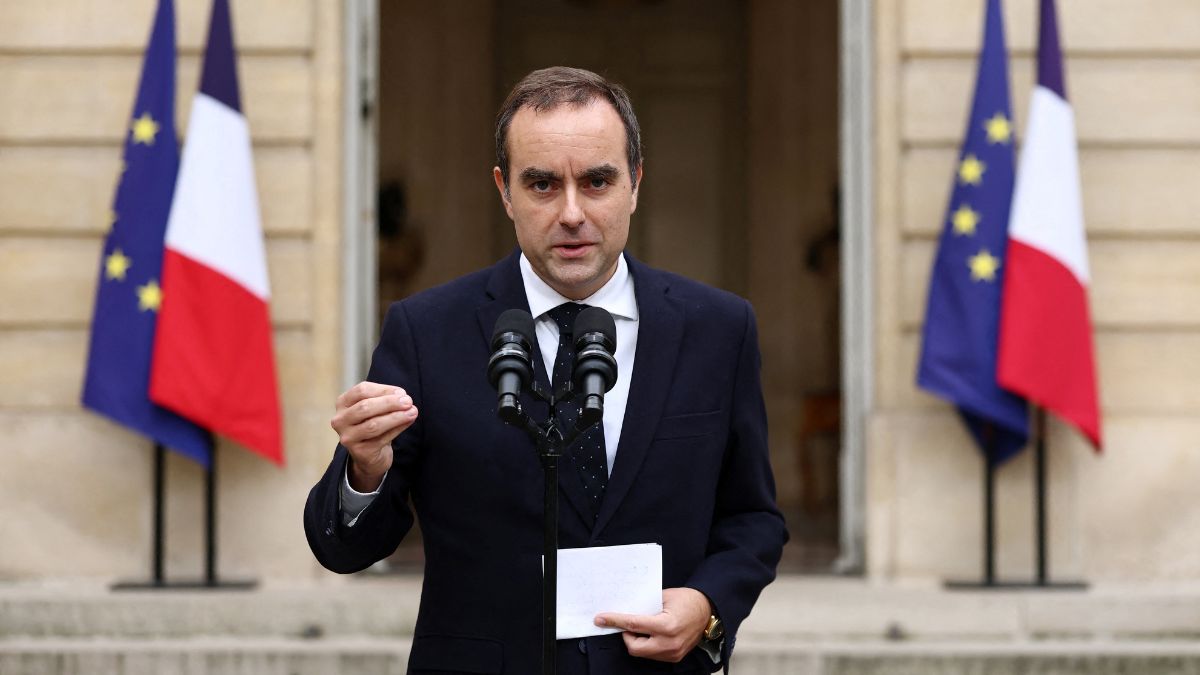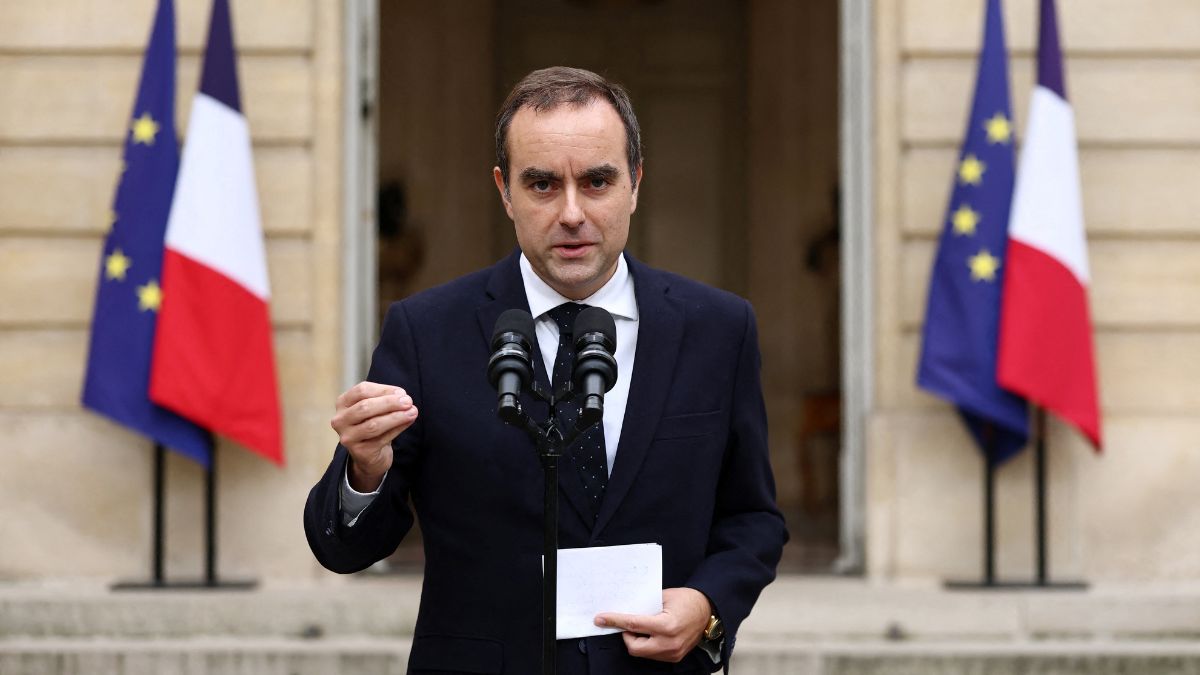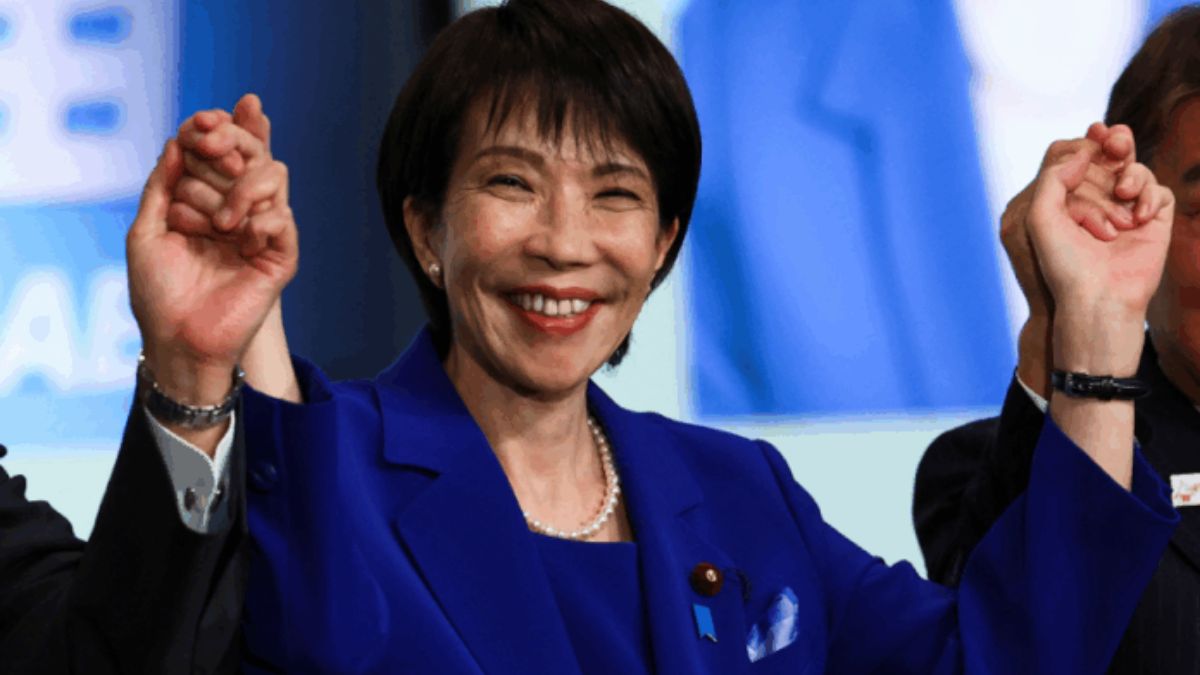The Nobel Prize in Medicine for 2025 has been awarded to Mary E Brunkow, Fred Ramsdell, and Shimon Sakaguchi for their work on immune system.
The Nobel committee said that the human body’s powerful immune system must be regulated, or it may attack own organs, and Brunkow, Ramsdell, and Sakaguchi made groundbreaking discoveries that prevent the immune system from harming the body.
They identified the immune system’s security guards, regulatory T cells, which prevent immune cells from attacking own body, and their discoveries launched the field of peripheral tolerance, spurring the development of medical treatments for cancer and autoimmune diseases, the statement read.
This may also lead to more successful transplantations and several of these treatments are now undergoing clinical trials, the statement read.
Who are Nobel Prize winners in Medicine for 2025?
Sakaguchi is a 74-year-old Japanese immunologist, Brunkow is a 64-year-old American molecular biologist, and Ramsdell is a 65-year-old American immunologist.
In 1995, Sakaguchi made the key discovery about T cells. At the time, it was believed that immune tolerance only developed due to potentially harmful immune cells being eliminated in the thymus, through a process called central tolerance, according to the Nobel committee’s statement.
However, Sakaguchi showed that the immune system is more complex and discovered a previously unknown class of immune cells, which protect the body from autoimmune diseases, the statement read.
Brunkow and Ramsdell gained decisive insights into how autoimmune diseases arise, the statement read.
In a major discovery in 2001, they found the explanation for why a specific mouse strain named scurfy was particularly vulnerable to autoimmune diseases. They discovered that the mice have a mutation in a gene that they named Foxp3 and showed that mutations in the human equivalent of this gene cause a serious autoimmune disease called IPEX.
“Their discoveries have been decisive for our understanding of how the immune system functions and why we do not all develop serious autoimmune diseases,” said Olle Kämpe, the chair of the Nobel committee.


)

)
)
)
)
)
)
)
)



